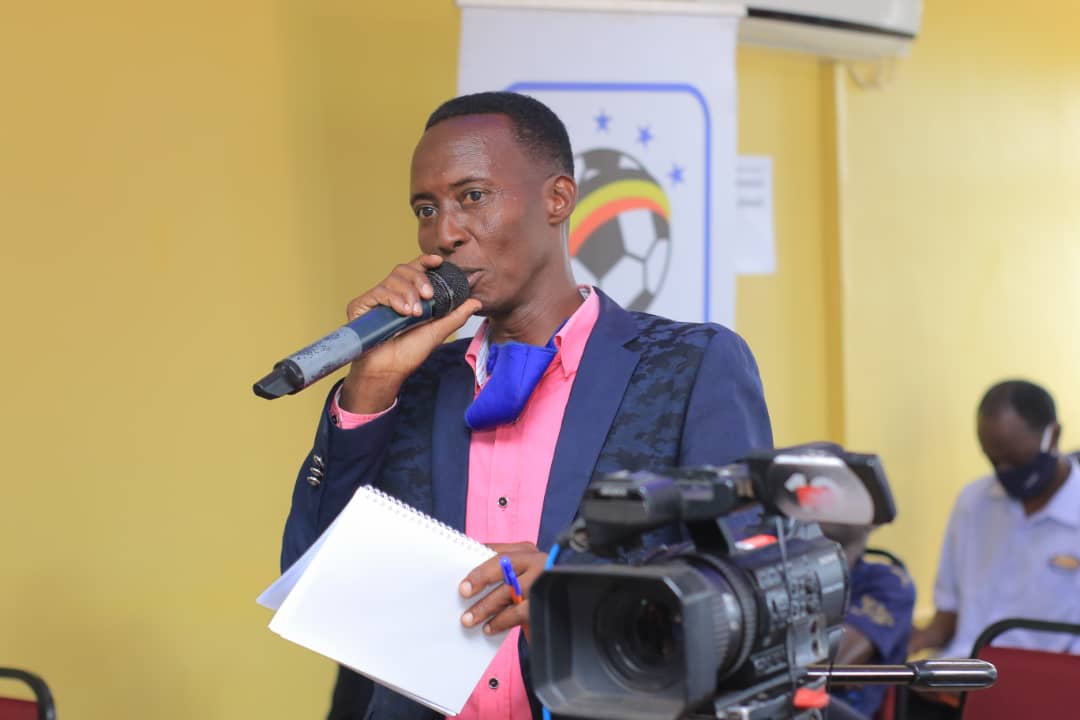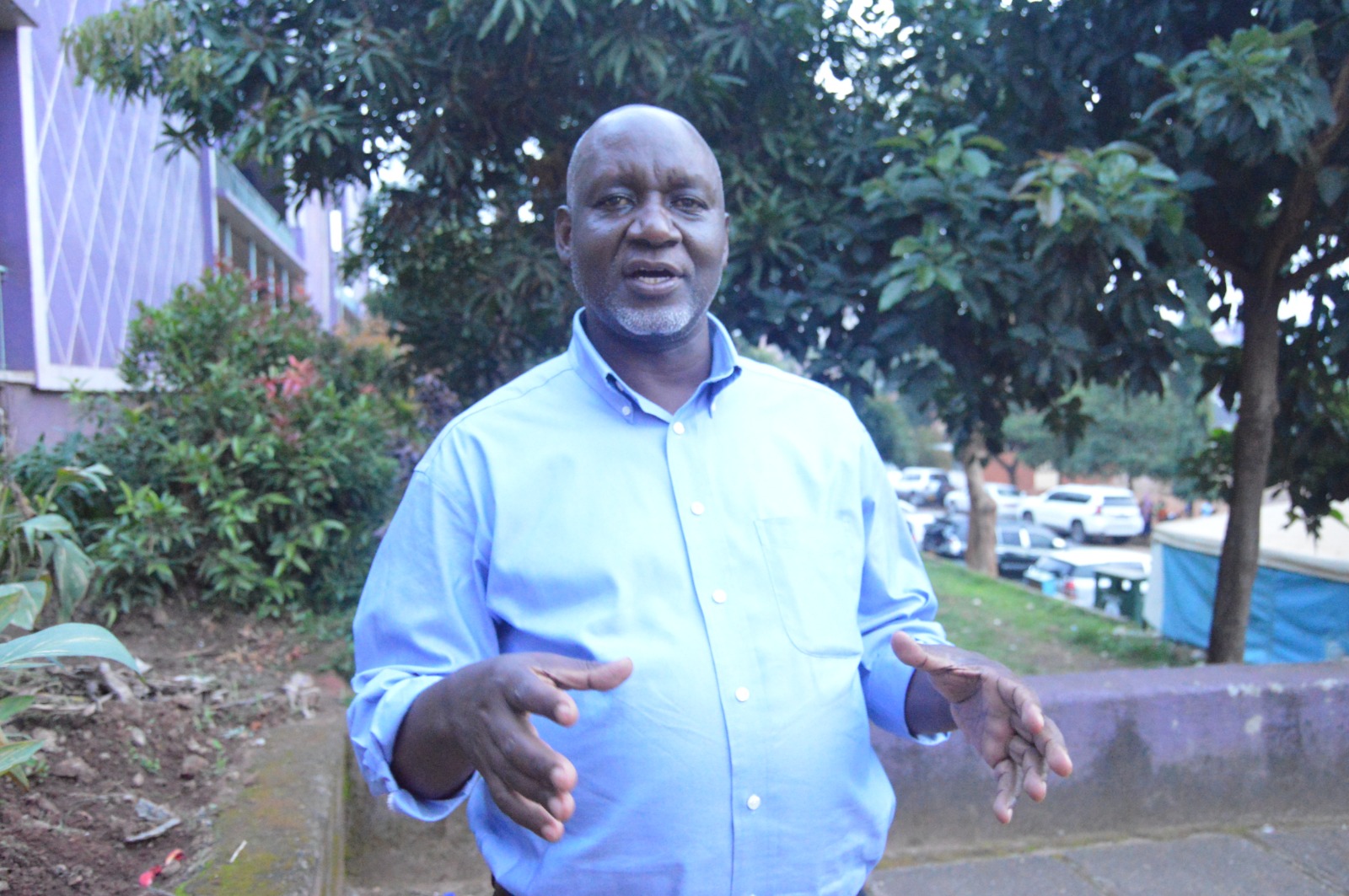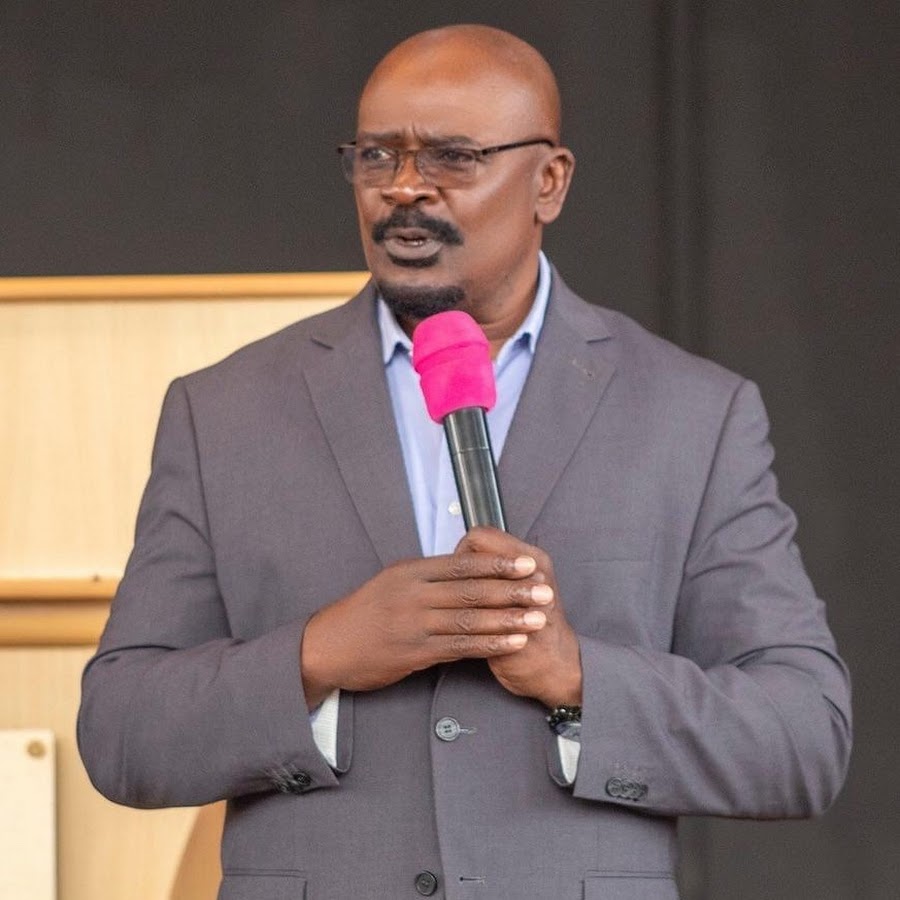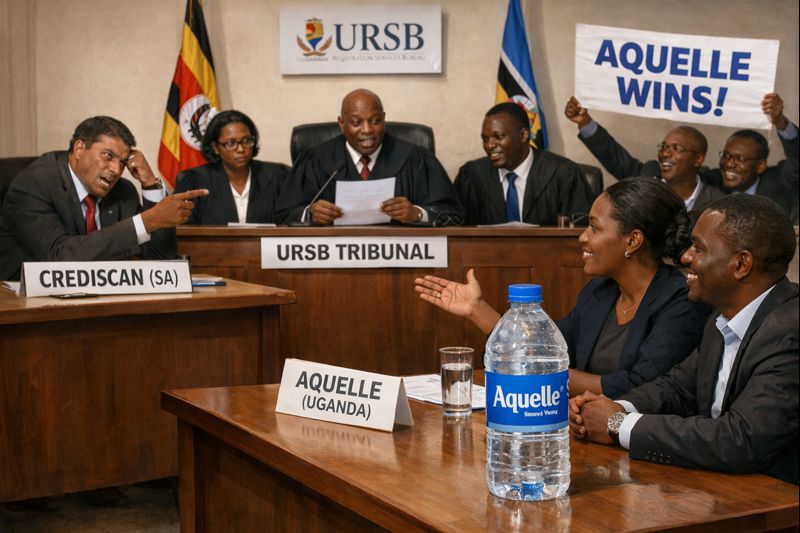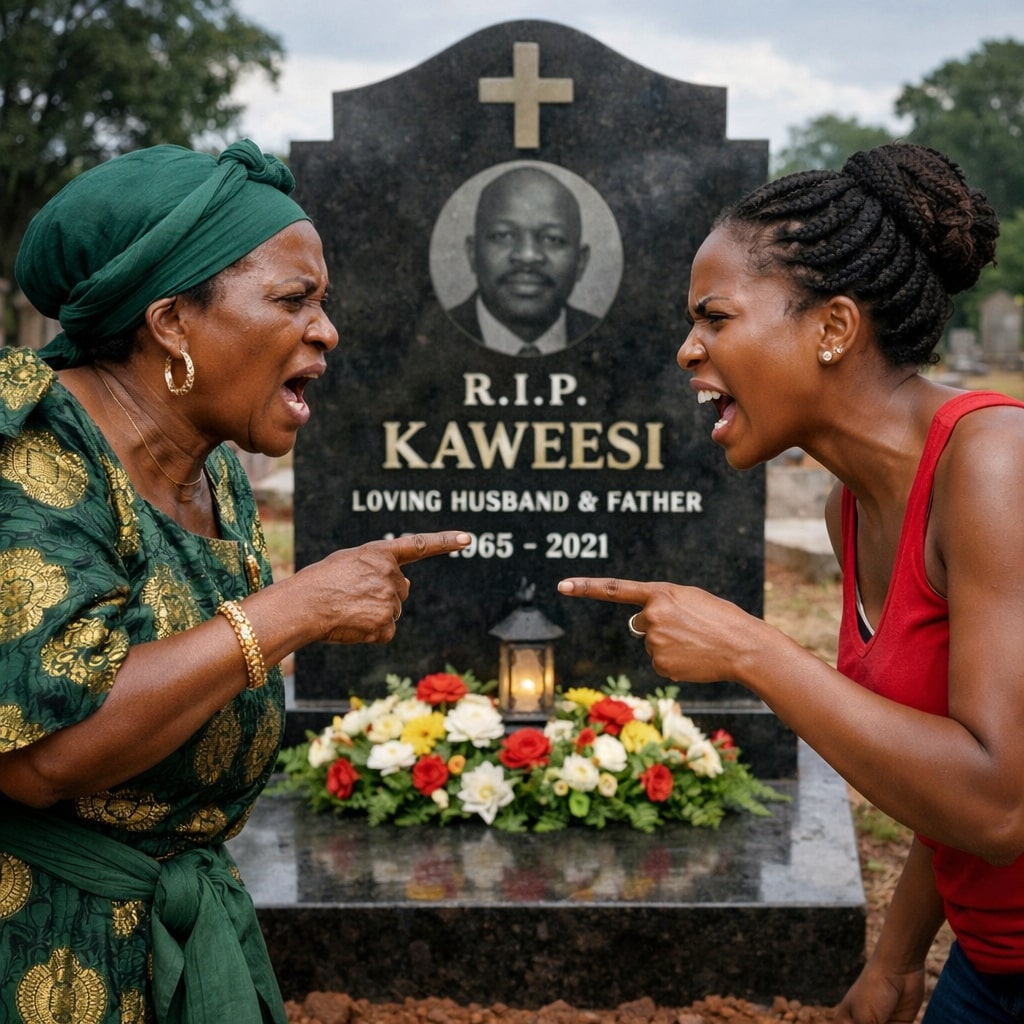Veteran sports journalist, Yusuf Baliruno ‘of Uganda’, may have worked at CBS for 19 years, but Justice Anthony Wabwire Musana held in a ruling that having an identity card or attending staff meetings did not make him an employee.
In 2020, Baliruno sued CBS for unfair dismissal and demanded over Shs 129 million in salary arrears, unpaid leave, medical expenses, and benefits. He argued that CBS had treated him unfairly after nearly two decades of work.
Dismissing Baliruno’s case, Musana compared his role to that of other freelance contributors who supply stories for a fee. For Baliruno’s case, Musana said he was an intern who simply turned into a long-serving freelancer.
He said Baliruno was not entitled to salary arrears, terminal benefits, or compensation for unfair dismissal.
Testifying in court, Abbey Mukiibi and Robert Kasozi, senior managers at the station, said Baliruno was paid allowances for each assignment. They said he was paid Shs 100,000 per broadcast and Shs 30,000 for field trips, but was never put on the payroll.
They told the court that former employees like Geoffrey Ndugga and David Lumansi had written contracts and regular program schedules, unlike Baliruno.
“He was free to sell stories to other media houses, and CBS had no control over how he prepared or presented his programmes,” Mukiibi said.
Baliruno, known to many of his listeners as “Masaza Boy” for his spirited coverage of the Masaza Cup football tournament, told the court that he joined CBS in 2001 after being introduced by a colleague and was promised a monthly salary of Shs 300,000, later rising to Shs 500,000, plus an allowance of Shs 100,000.
Baliruno’s lawyer, Brinton Gumisiriza, added that the long years of service, the CBS identity card he carried, and his participation in staff meetings all showed that he was effectively an employee.
“He worked full-time, under CBS direction, and contributed to some of its most successful sports programmes. He deserved to be treated like other presenters,” Gumisiriza argued.
But CBS, represented by lawyer Vivian Namale, denied ever employing him. The station insisted Baliruno was an intern-turned-freelance journalist who was paid per story or commentary, not a salaried worker.
“He was a volunteer and contributor who sold sports content to CBS like any other freelance journalist,” Namale argued.
Tycoon Ssebalamu wins Shs 550 million from gov’t over Rubaga land dispute
In coming to a conclusion that Baliruno’s case against CBS was weak, Justice Musana referenced a South African case where a broadcaster, McKenzie, who worked daily for years, was still found to be a freelancer because he was paid per programme and not subject to company discipline or benefits.
“We do not think that Baliruno presents a believable and credible proposition of remaining silent for 15 years of maltreatment and non-payment of salary,” Musana wrote.
“His conduct over the years is inconsistent with non-payment of salary, and therefore, no salary agreement has been established.”
The decision leaves Baliruno, who now works with Radio 4, without the compensation he sought after nearly two decades of service.



